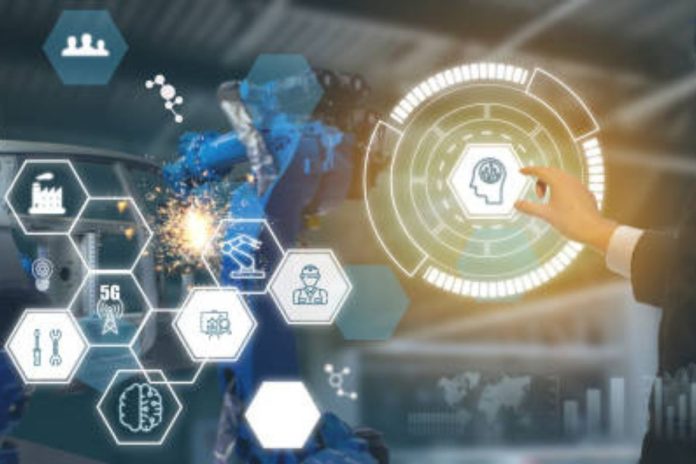Artificial intelligence (AI) is transforming industries worldwide, and the field of control system integration is no exception. Controls integrators, responsible for designing and implementing complex systems to manage machinery and processes, are finding AI to be an invaluable tool. By incorporating AI, controls integrators can enhance the efficiency, safety, and reliability of control systems. This post explores how AI is influencing controls integrators, focusing on its applications in data analysis, machine learning, safety protocols, fault detection, and custom system design.
AI-Driven Data Analysis for Improved Decision-Making
AI-driven data analysis is revolutionizing the way control system integrators make decisions. With the ability to process vast amounts of data quickly and accurately, AI enables integrators to gain insights that were previously inaccessible. By analyzing data from multiple sources, AI can identify patterns and trends, allowing integrators to make informed decisions that improve system performance and efficiency.
For controls integrators, the ability to use AI for data analysis means that they can optimize systems in real-time. For instance, AI can monitor energy usage in manufacturing processes, identify inefficiencies, and suggest adjustments to reduce waste. This level of insight allows integrators to provide their clients with control systems that are not only efficient but also environmentally friendly.
Revolutionizing Machine Learning Applications in Control Systems
Machine learning, a subset of AI, is transforming control systems by enabling them to learn and adapt over time. Through machine learning, control systems can improve their performance without explicit programming. This is particularly beneficial for control programming services, where flexibility and adaptability are crucial.
Incorporating machine learning into control systems allows integrators to create more dynamic and responsive solutions. For example, machine learning algorithms can be used to predict equipment failures, allowing integrators to implement preventive measures before a problem occurs. This predictive capability enhances the reliability of control systems and minimizes downtime, which is essential for industries where time equals money.
How AI Enhances Safety Protocols in Control Systems
Safety is a top priority for any controls integrator, and AI is playing a vital role in enhancing safety protocols within control systems. AI technologies can monitor systems in real-time, detect anomalies, and initiate safety procedures automatically. This proactive approach significantly reduces the risk of accidents and enhances overall system security.
One of the key advantages of AI in safety is its ability to analyze vast amounts of data to identify potential hazards. For instance, AI can monitor temperature fluctuations in a chemical plant and trigger alarms if it detects signs of overheating. This level of monitoring and response helps control system integrators ensure that their systems operate safely and efficiently.
Integrating AI for Advanced Fault Detection and Diagnosis
AI is revolutionizing fault detection and diagnosis in control systems by enabling more accurate and faster identification of issues. Traditional methods of fault detection often rely on predefined rules and manual intervention, which can be time-consuming and prone to errors. In contrast, AI can analyze complex data sets to detect faults with precision.
For controls integrators, integrating AI for fault detection means they can deliver more reliable and resilient systems. AI algorithms can continuously monitor system performance, identify deviations from normal operations, and diagnose the root causes of faults. This capability allows integrators to address issues before they escalate, reducing downtime and maintenance costs.
The Influence of AI on Custom Control System Design and Development
AI is significantly impacting the design and development of custom control systems, offering new possibilities for system integration and customization. By leveraging AI technologies, control system integrators can create solutions tailored to the specific needs of their clients, enhancing both functionality and user experience.
One of the most exciting aspects of AI in custom system design is its ability to facilitate system integration. AI can analyze and understand complex interactions between different system components, allowing integrators to develop solutions that seamlessly integrate diverse technologies. This capability is particularly valuable in industries where system integration is essential for achieving operational efficiency.
Furthermore, AI-driven design tools are enabling integrators to develop control systems with greater precision and accuracy. These tools can simulate various scenarios and optimize system performance, ensuring that the final product meets the client’s specifications. As a result, controls integrators can deliver solutions that are both innovative and effective, setting a new standard for the industry.









